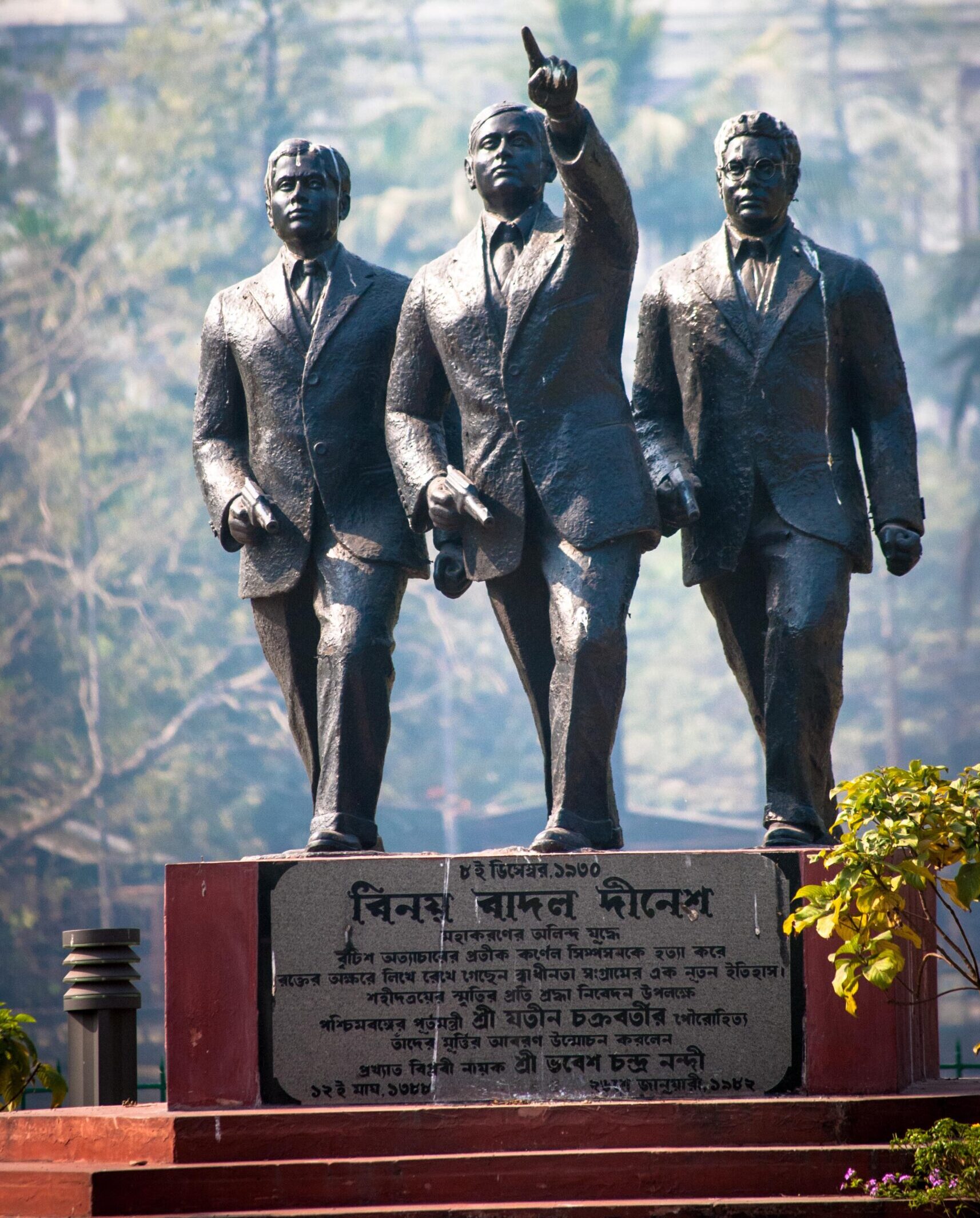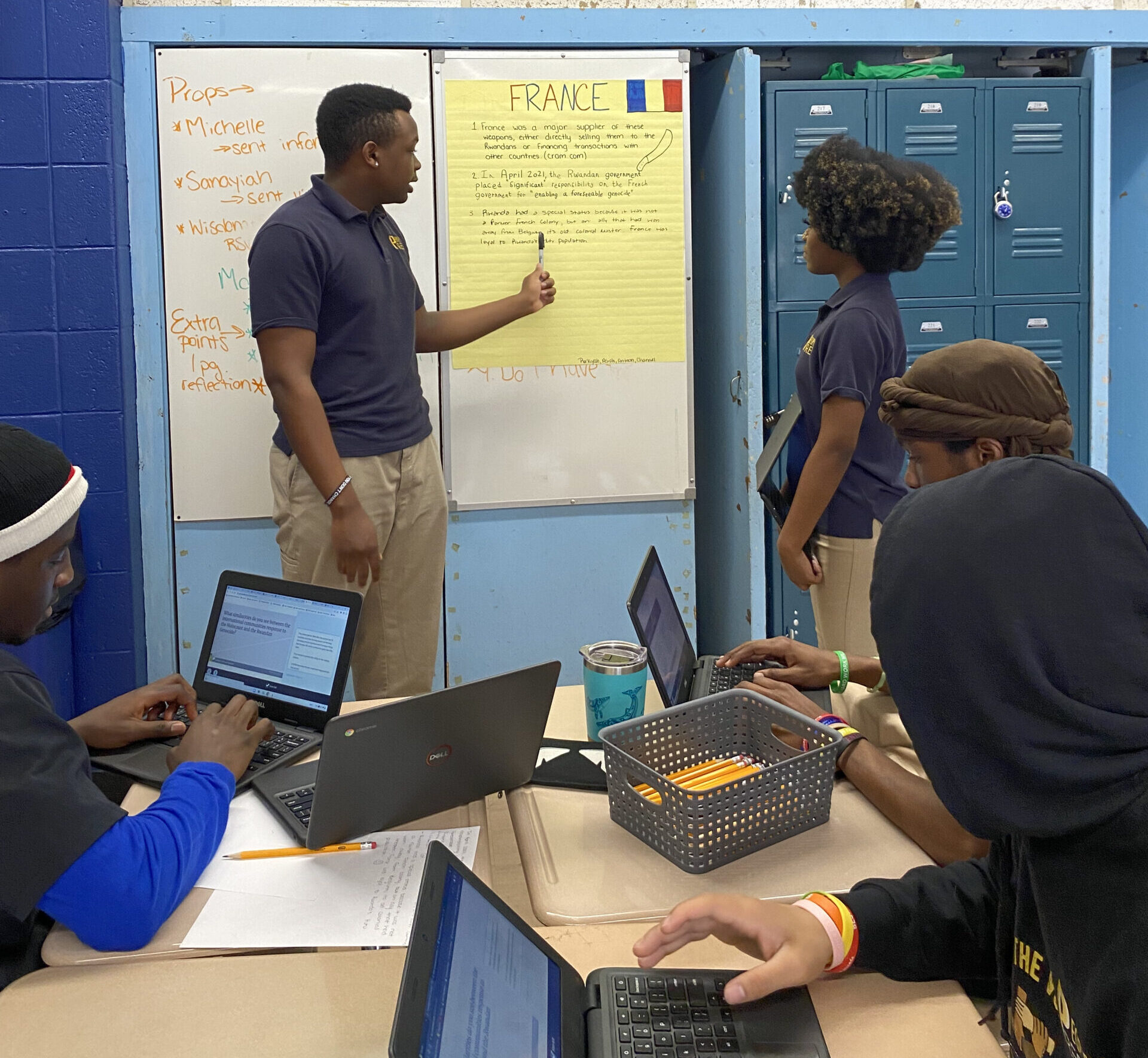Graduate training in history is a survival of an artisanal mode in an educational world of mass production and corporatized universities. Shaped by the personalities and quirks of all parties, training is a process of watching, doing, and constant practice. The goal of a mentor is to oversee apprentice historians as they are introduced to the standards, unstated expectations, and craft secrets required for professional accomplishment and success.
My approach to mentoring recognizes that historians are made, not born. They emerge over time through an intensive, idiosyncratic, and exacting process of individual intellectual training that works best within a community of teachers and students. I particularly eschew the “lone-wolf approach” by working closely with other teachers in my field and beyond. The crafting of common expectations and practices is, however, the less important part of the story. I value an atmosphere that fosters ongoing dialogue about the individual students and their development at each stage. I also believe that students benefit from being coherently trained as a cohort of apprentices within a larger faculty-student enterprise in a given field. Thus, faculty mentors should institutionalize mechanisms for building relationships beyond the classroom: workshops on student work, the holding of regular social events, or the mobilization of students to help an advanced ABD in the final throes of finishing (they thus learn that they too can expect such help in turn).
This broader faculty-student community serves as ballast to the one-on-one relationship that determines the success or failure of mentoring (for a careful delineation of the responsibilities of both sides see Duke University’s new graduate handbook). Care, honesty, and frankness are vital to the mutual commitment that underlies a durably productive mentoring relationship. At the outset, we should help students feel comfortable about the fact that they do not yet really know if the history profession, with its attendant sacrifices, is to be their life path. A vital ongoing task is to help students understand their own skill sets, so they can bolster areas of weaknesses while honing their strengths. This requires detailed written evaluations of class work, training in grant-writing, and even teaching how to write meaningful committee reports, which will demonstrate how much we value what they have achieved. The objective is clear: to teach students not to fear the fact that the good is never the same as the truly excellent, and that even the best work can be further improved.
Success in mentoring depends upon building and maintaining the trust and commitment that provides its emotional core (repeated delinquency on reference letters, however understandable, is deadly). It also entails the pursuit of a deepening understanding of the unique trajectory, interests, passions, and talents of each student, so they can craft—in dialogue with the field—a compelling dissertation project capable of winning recognition and grants. Yet this by no means exhausts the content of the apprenticeship process. The mentor should—as needed—help to demystify the power dynamics at play in a department, a university, or in the profession at large, while helping students understand how things actually get decided and executed in our public professional affairs. This includes guidance as to the unspoken rules regarding professional etiquette, personal quirks, or developing relationships. It also involves learning how to pitch a grant application in light of a committee’s likely composition; how to minimize personal conflicts and bureaucratic errors and clean up after them; how to write an evaluation of a visiting candidate for a job or a recommendation for a student; or how to serve on a committee. Most importantly, it also involves familiarizing students in general terms with how to get a job and win tenure, especially given the vast swirl of rumor and gossip that surrounds it (debriefing after job talks, learning how a given question, remark, or answer was or might be interpreted, and so on, are all helpful).
A successful apprenticeship demands, in other words, that we be willing to reveal the full range of craft secrets at the appropriate time, while teaching students the maneuvering, both in intellectual and small group dynamics, that facilitate success. After all, the mentors and their students are professional companheiros, distinguished only by their roles at this moment, but bound together by their common ambitions and enterprise.
John French is professor of history at Duke University.


